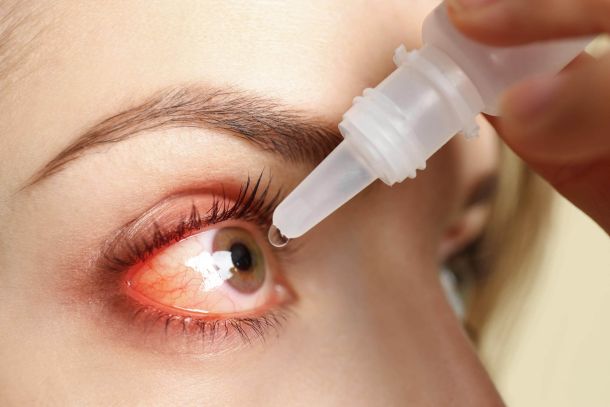Allergies in children: causes, symptoms and treatment
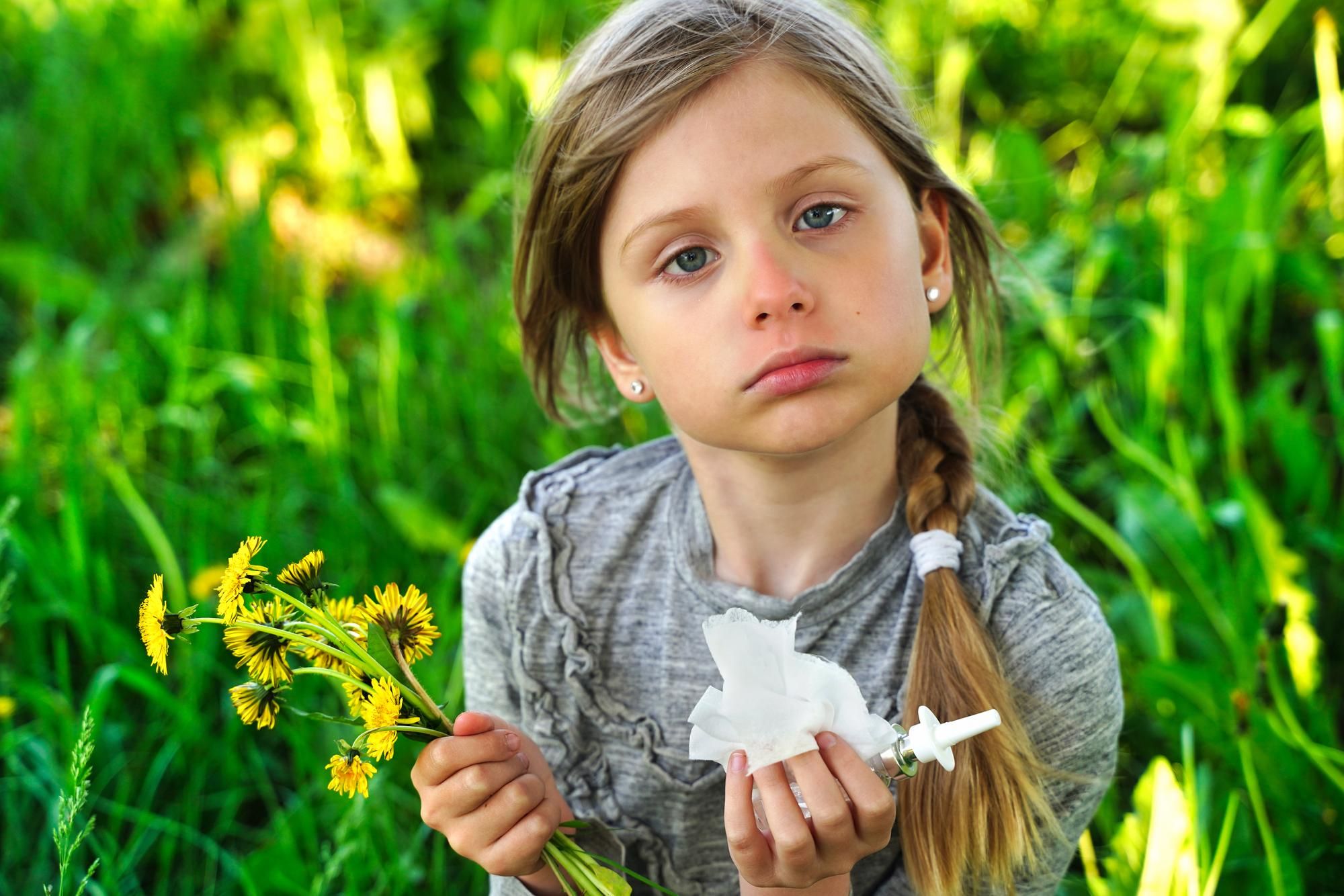

Eva Zakharova
Allergies in a child are a common problem that can cause a lot of anxiety and discomfort. Understanding the causes, symptoms, and treatments for allergies in children can help parents identify the problem and take the necessary steps to resolve it.
Main Causes of Allergies in Children
One of the main causes of allergies in children is genetic predisposition. If one or both parents have allergies, the likelihood of their child developing allergies increases greatly.
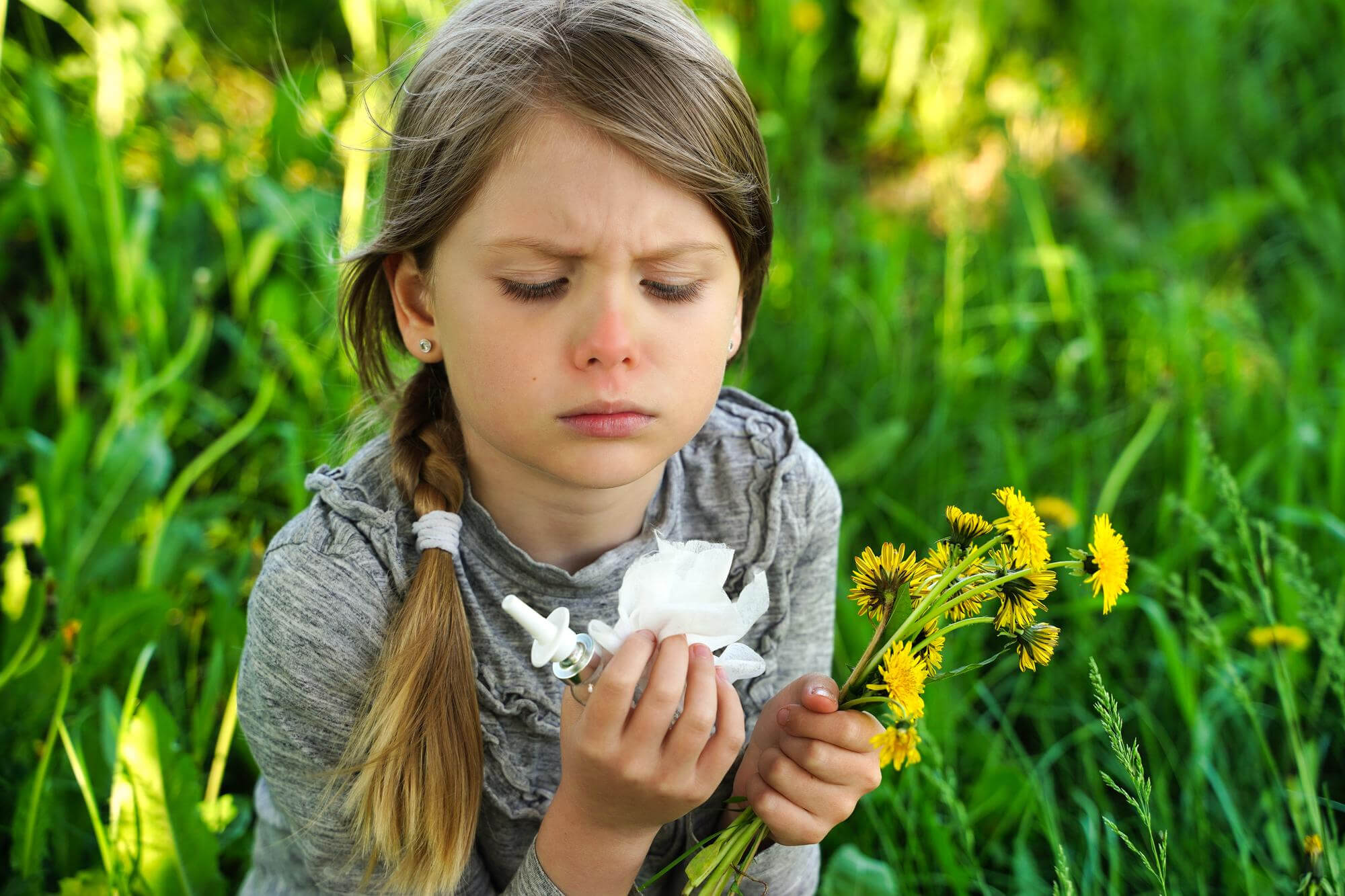
Environmental factors can also contribute to the development of allergies in children. Air pollution, dust, mold and pollen particles can cause allergic reactions in children, especially if they already have a genetic predisposition to allergies.
Improper nutrition and foods can also cause allergies in children. Certain foods such as dairy, eggs, nuts, fish, soy products, wheat and chocolate are the most common allergens.
Some of the most common allergens in children's foods include:
- milk;
- eggs;
- nuts;
- fish;
- soy products;
- wheat;
- chocolate.
Pet hair, dander, and saliva can cause allergic reactions in children, especially those who are predisposed to allergies. Dogs, cats, rodents and birds are the most common sources of allergens among pets.
In addition to the above causes, allergies in children can occur due to other factors such as insect bites, medications, chemicals in household chemicals and cosmetics, and stress and psychosomatics.
Types of allergies in children and their symptoms
Food allergies
Food allergies arise from intolerance to certain foods, which can cause a reaction of the immune system.
Symptoms of food allergies may include:
- Skin manifestations: rash, itching, red spots on the body and face;
- swelling of the lips, tongue, and throat;
- nausea, vomiting, diarrhea;
- runny nose, sneezing, stuffy nose;
- angioedema.
Contact allergy
Contact allergy occurs when the skin comes into direct contact with an allergen, such as plants, metals, cosmetics, or household chemicals.
Symptoms of contact allergies may include:
- Skin rashes, itching, redness and inflammation;
- Water sores and blisters on the skin;
- Scaling and cracking of the skin.
Allergic rhinitis
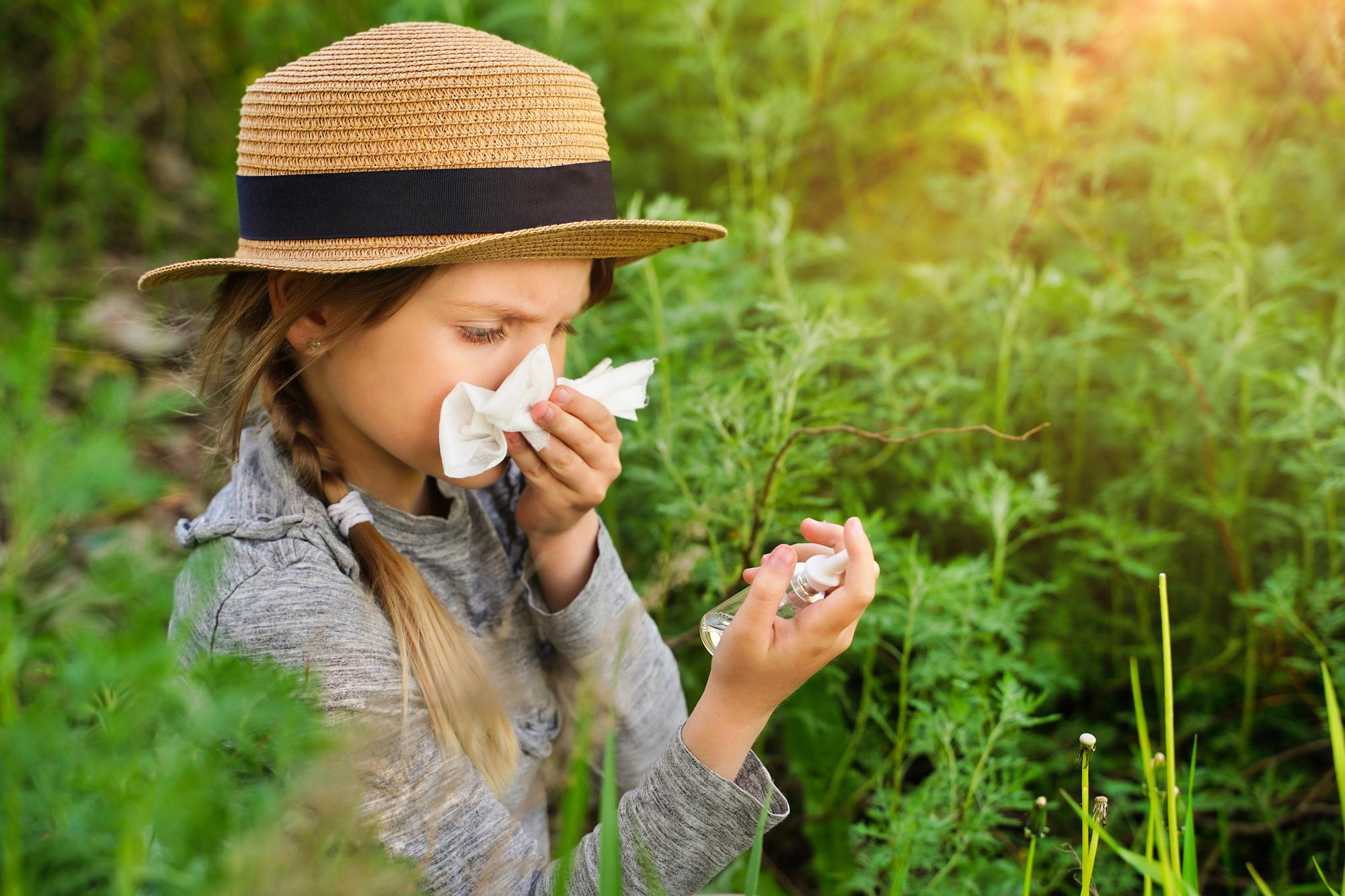
Allergic rhinitis is inflammation of the nasal mucosa caused by allergens such as pollen, dust, or mold.
Symptoms of allergic rhinitis may include:
- Itching in the nose, eyes and throat;
- runny nose, stuffy nose, frequent sneezing;
- Lacrimation and redness of the eyes;
- Headache, impaired sense of smell;
- fatigue and irritability.
Allergic asthma
Allergic asthma is a chronic inflammatory disease of the respiratory tract caused by an allergic reaction to certain substances.
Symptoms of allergic asthma in children may include:
- shortness of breath, difficulty breathing;
- wheezing, wheezing in the chest;
- coughing, especially at night;
- fatigue, weakness;
- chest pain.
Atopic dermatitis
Atopic dermatitis is a chronic inflammatory skin disease often associated with a genetic predisposition to allergies.
Symptoms of atopic dermatitis in children may include:
- Itching, redness and inflammation of the skin;
- Dry and flaky skin;
- Small blisters, crusts, and cracks on the skin;
- Areas of thick, rough skin.
Diagnosis of allergies in children
Diagnosing allergies in children requires a consultation with an allergologist. The doctor will gather a medical history, perform an examination, and prescribe the necessary tests.
- A blood test for allergens helps determine the presence of antibodies to certain allergens, which may indicate an allergy.
- Provocation tests involve administering a small dose of an allergen to cause an allergic reaction. These tests are performed only under the supervision of a doctor.
- Skin tests are performed by applying an allergen to the surface of the skin to determine a possible allergic reaction.
The doctor may also order additional tests, such as chest X-rays, spirometry, bronchoscopy, to evaluate the airways and rule out other diseases.
Treatment of allergies in children
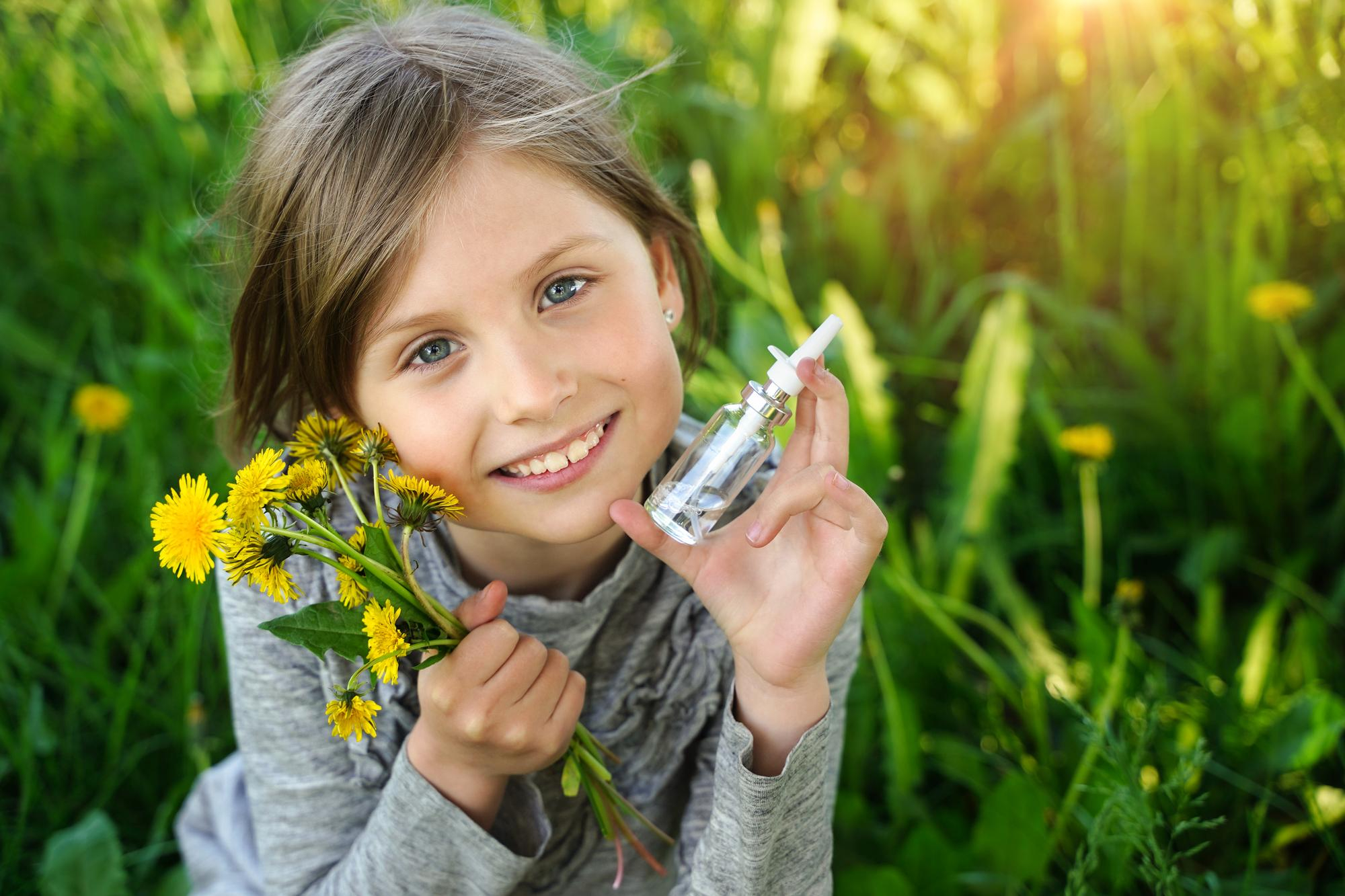
Medication
Medication treatment of allergies in children includes the use of various medications, such as:
Antihistamines such as cetirizine, loratadine, phenistyl, erius help reduce allergy symptoms such as itching, redness, swelling, and runny nose.
Hormonal ointments and creams such as hydrocortisone, fluorocort, advantan, and elocom are used to treat atopic dermatitis and contact allergies, relieving inflammation and itching.
Inhaled corticosteroids such as beclomethasone, fluticasone, and bronchodilators such as salbutamol and formoterol may be used to treat allergic asthma in children.
Immunotherapy
Immunotherapy consists of regularly giving small doses of an allergen in order to make the body less sensitive to it. This treatment can be effective in cases of allergic rhinitis and asthma.
Allergy prevention
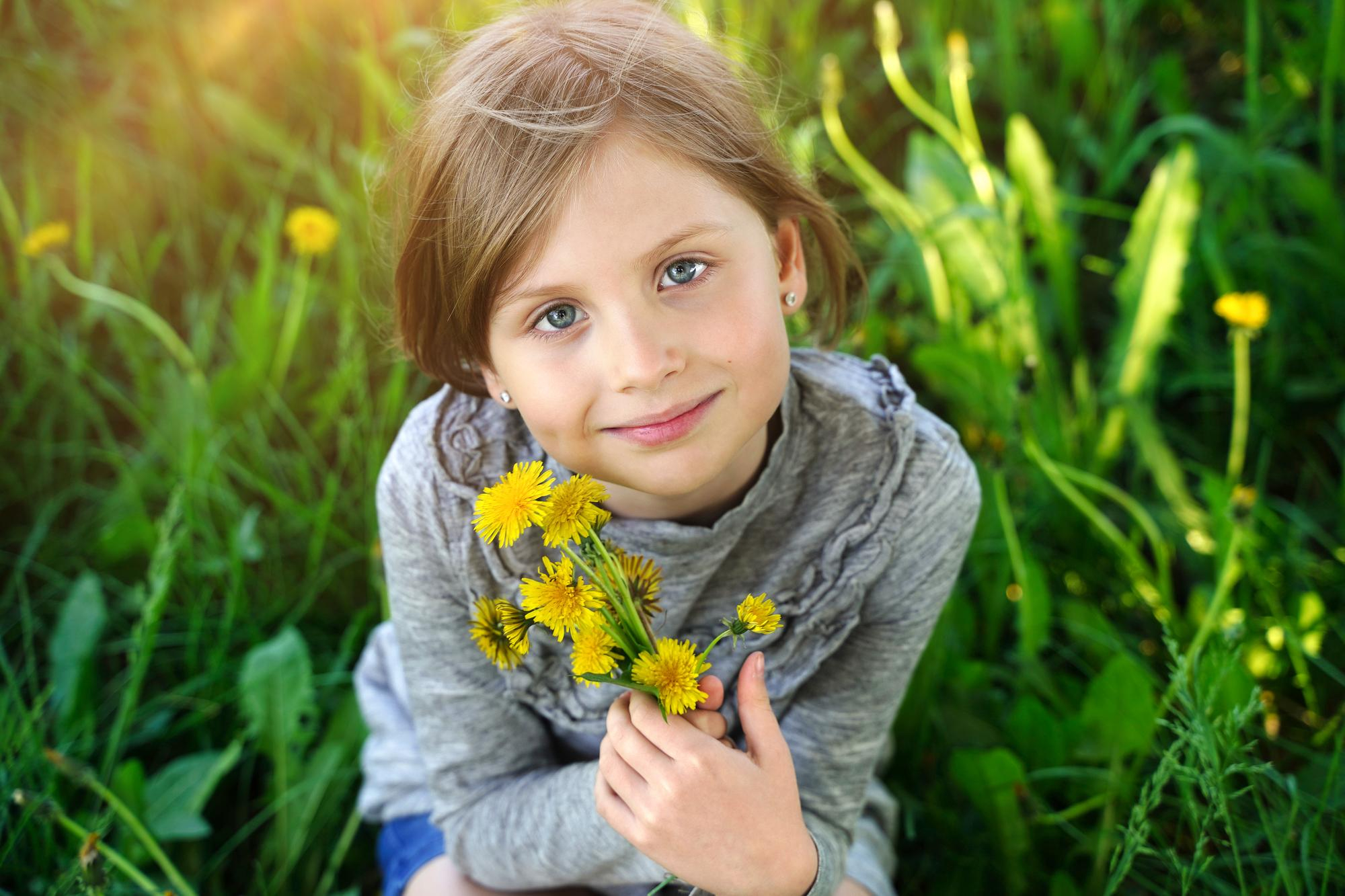
Preventing allergies in children includes:
- eliminating contact with allergens;
- Compliance with a hypoallergenic diet;
- controlling the environment (airing, regular cleaning, using allergen-preventive covers on mattresses and pillows)
- strengthening the immune system (balanced diet, physical activity, absence of stress).
So, allergies in a child can manifest with various symptoms, such as allergic rash in a child, itching, swelling and runny nose. It is important to recognize the causes and symptoms of allergies in time to ensure proper treatment and prevention of the disease. At the first signs of your baby's allergies, you need to see an allergist for diagnosis and prescription of appropriate therapy. Timely contact to a specialist and a comprehensive approach to the treatment of allergies in children will help to avoid complications and keep your child healthy.
New materials
Popular Articles
We recommend reading
Contact us in the Contact Us section to ask questions, offer ideas, or for more information about our allergy resource.
Our articles are your trusted source of allergy knowledge. Learn how to make life with allergic reactions easier on our specialized portal.
©
Lechenie-Allergii.com. All rights reserved.
© Lechenie-Allergii.com. All rights reserved.
The information on this site is for informational purposes only and is not a substitute for professional medical advice. We recommend consulting with qualified medical professionals for accurate information and advice.
 English
English  Українська
Українська  Русский
Русский 








